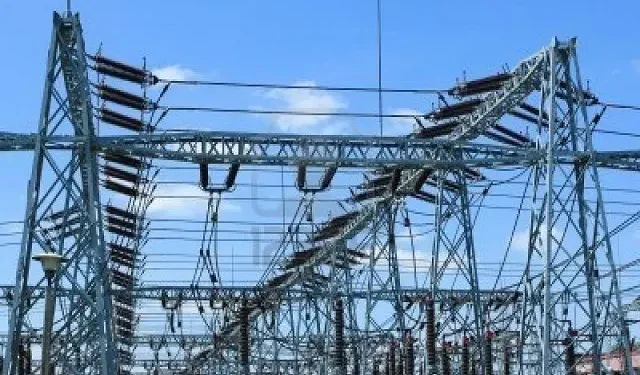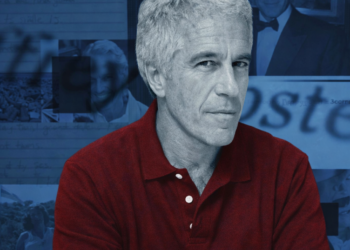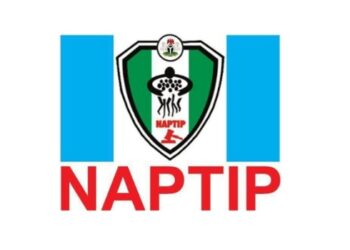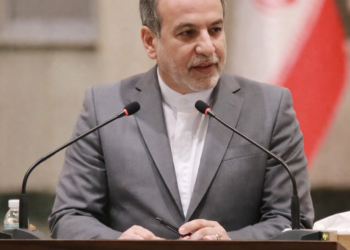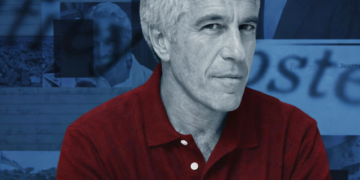A former chairman of the Nigerian Electricity Regulatory Commission (NERC), Sam Amadi, has warned that the Federal Government may stop paying electricity subsidy if the current debts in the power sector keep rising.
Amadi made this known during an interview on Channels Television’s Sunrise programme on Saturday.
“Yes, the Federal Government would likely do that [remove subsidy on electricity],” he said.
According to Amadi, the government could decide to pull out because of how much money is being spent and how some states appear to be doing better than others. “If some states are bragging that their tariff is low, the Federal Government might ask why it should be made to look bad for owing,” he said.
Nigeria’s Electricity Subsidy Hits ₦1.9 Trillion in 2024
According to data from the 2024 NERC Annual Report, the Federal Government incurred a total electricity subsidy shortfall of ₦1.949 trillion in the year.
This massive debt came as a result of Nigeria’s decision to keep electricity tariffs below cost-reflective levels, meaning what consumers paid was less than the actual cost of supplying power.
This raises a serious question: Where exactly is this subsidy going, and why do many Nigerians still pay high electricity bills every month?
If There’s Electricity Subsidy in Nigeria, Where Is It?
This has left many Nigerians asking, what part of Nigeria is enjoying this subsidy? Because in most areas, electricity bills remain extremely high, and power supply is still unreliable.
Amadi himself raised similar concerns.
“We’ve not used our regulatory tools well. We have a Power Consumer Assistance Fund, but to use it properly, we need real data. Who actually needs the subsidy?” he asked.
President Tinubu Calls for Patience from Power Companies
President Bola Tinubu has asked generation companies (GenCos) to be patient while the government verifies the debts owed to them.
Speaking during a meeting with members of the Association of Power Generation Companies, led by Col. Sani Bello (retd), Tinubu said his administration would work to fix the liquidity crisis in the power sector.
“I accept the assets and liabilities of my predecessors. But I need to wear the audit cap of verifiability and authenticity,” he said, according to presidential spokesman Bayo Onanuga.
Subsidy Is Not Always Bad, Says Amadi
Amadi argued that subsidies are not necessarily a bad thing, especially when used wisely. He pointed to Europe and Canada, where governments give subsidies to support clean energy and protect consumers.
“The wrong economics that says subsidy is always bad is not true,” he explained. “The question is how you design it, who gets it, and what purpose it serves.”
He added that sometimes what the government calls “subsidy” is actually caused by poor management or exchange rate losses.
“If your debt used to be ₦100 billion and now it’s ₦700 billion because of devaluation, that’s not subsidy — that’s currency mismanagement,” Amadi said.
Nigerians Deserve Clear Answers on Electricity Subsidy
While the Federal Government insists it is paying electricity subsidy, many Nigerians say they feel no relief in their monthly bills. If nearly ₦2 trillion was spent on subsidy in one year alone, then the government must explain: who benefited and how?
With growing debts, a potential subsidy cut on the table, and Nigerians still struggling with high electricity costs, the big question remains — where is Nigeria’s electricity subsidy really going?

